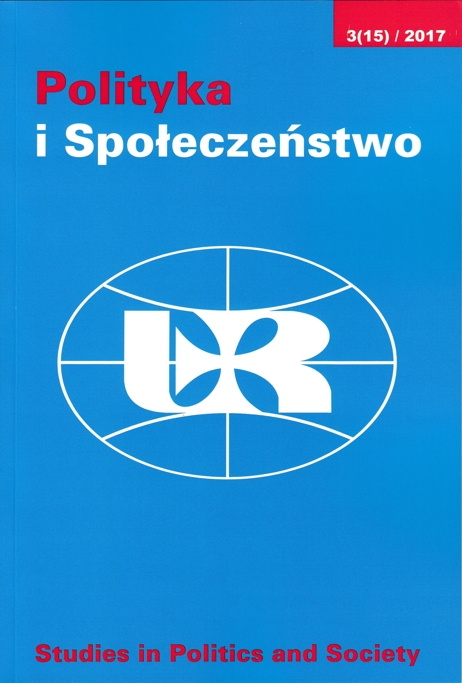„Bieda (z tą Polską”. Prostacy i mieszkanie: modernizacyjna naturalizacja i normalizacja peryferyjnych nierówności
DOI:
https://doi.org/10.15584/polispol.2017.3.7Słowa kluczowe:
inequalities, transformation, burghers, middle-class, social change, post-communism, narrationAbstrakt
The paper presents the question of the urban narration in contemporary Poland interpreted as an anachronistic form of the naturalization and normalization of social and symbolic inequalities created after the transformations of 1989. That subject being one of the very import elements of the self-image of local, subordinated elites, while strongly present in journalism, remains also very problematic. Uncertainty over the role and shape of this class in Poland in a historical context was (and still is) fiercely contested. Where important elements of such controversies are its forms, from „lord-ship”, derived from gentry imaginations, through the politics and heritage of emancipation in the Polish Peoples’ Republic, and modern serious existential uncertainty associated with the decomposition of the traditional formulas „bourgeois” and „third state”. This paper offers a proposition for the reinterpretation of the contemporary „bourgeois tale” in the context of the „post-communist narration”, which, often seen as seemingly antagonistic, are, as the paper's argument stands, closely connected elements of a modernization strategy reconstructing anachronistic peripheral inequality in new, globalized conditions.
Pobrania
Opublikowane
Jak cytować
Numer
Dział
Licencja

Utwór dostępny jest na licencji Creative Commons Uznanie autorstwa – Na tych samych warunkach 4.0 Miedzynarodowe.


